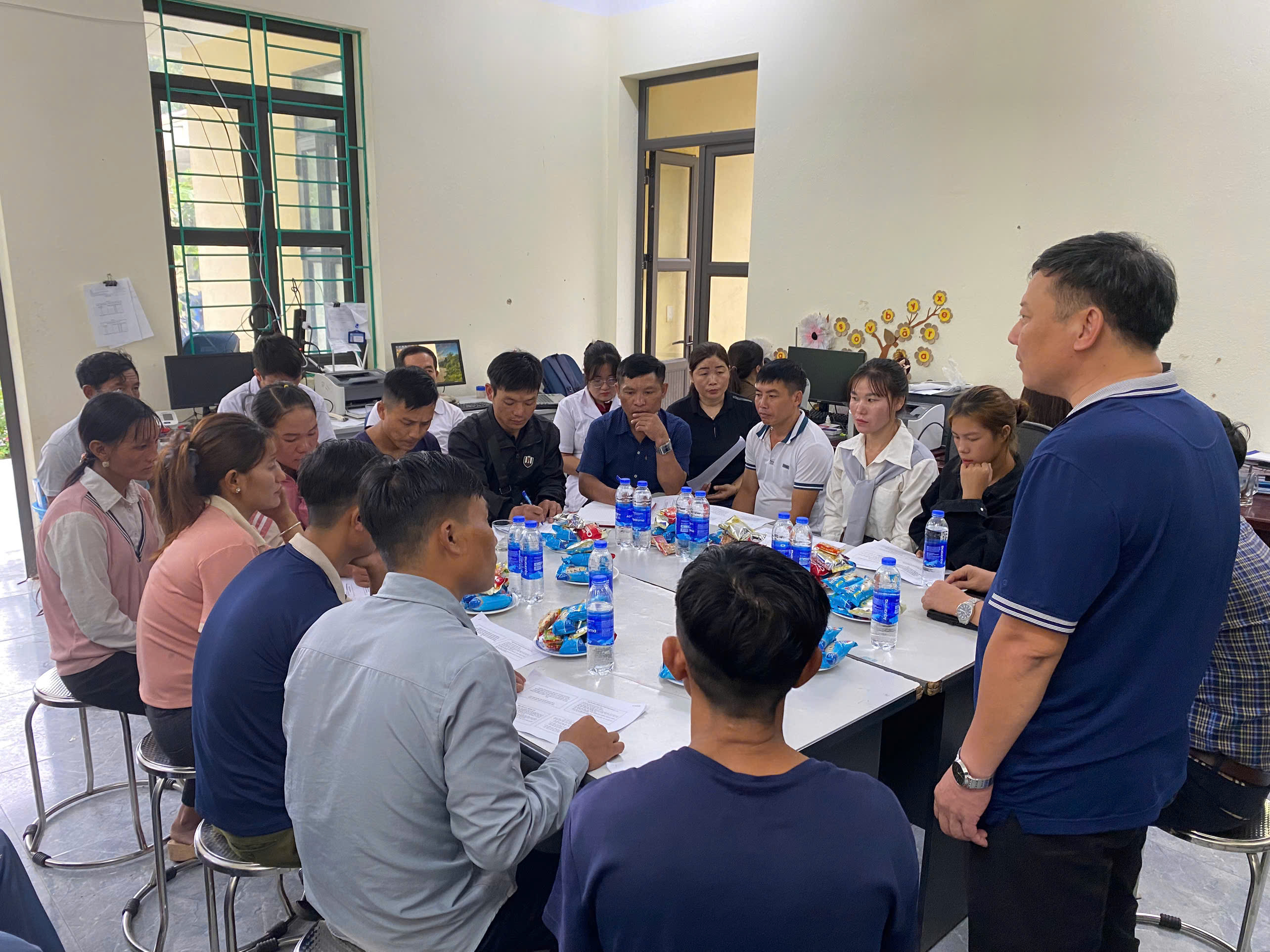
Progress towards malaria elimination in the Greater Mekong Subregion (GMS) will be highlighted this week when The Global Fund’s Regional Artemisinin Initiative Elimination Initiative (RAI2E)1 meets with stakeholders in New Delhi on 7th February.
The RAI2E grant is one of the world’s most ambitious attempts to eliminate malaria in an entire subregion, and to stop antimalarial drug resistance from spreading. For the period 2014 to 2020, the Global Fund has invested US$ 359M to end malaria in the GMS, an area that covers Viet Nam, Myanmar, Cambodia, Lao PDR and Thailand.
Since 2014, confirmed malaria cases in the GMS have declined by 43% and annual mortality has dropped to below 60 people across the five countries. Additionally, domestic investments in malaria – spurred by the political commitment to end the disease and smart counter-financing polices by the Global Fund – have increased in the same period by close to 200%.
RAI2E has also led robust regional collaboration across borders, supported by its Regional Steering Committee (RSC);2 strengthened surveillance and community health systems beyond malaria interventions; spurred innovations; and built partnerships across sectors.
But while RAI2E has demonstrated great progress against malaria so far, antimalarial drug resistance remains a severe threat to the subregion and beyond. If we fail to end malaria in the GMS, there is a real threat of resurgence with potentially devastating consequences.
The RAI2E meeting is a side-event to the Global Fund's Preparatory Meeting of the Sixth Replenishment, also being held this week in New Delhi. The Global Fund’s Sixth Replenishment Conference, to be held in October in France, will ultimately impact the scale of the acceleration of malaria elimination in the GMS, as well as progress across the globe, for the period 2020 to 2022.
In this context, the side-event will highlight the unprecedented impact of the Global Fund’s investment in eliminating malaria in the GMS, and how this has strengthened underlying health and community systems. The meeting will also demonstrate the unique Global Fund partnership model that is reflected in the governance and implementation of the RAI2E grant and stress the importance of innovations as well as continued investments, to combat drug resistance and, ultimately, end malaria.
The Global Fund’s Regional Artemisinin Initiative Elimination Initiative (RAI2E) meeting will take place in New Delhi, India on 7th Feb 2019.
1 The first grant was called RAI, and the later grant was renamed to RAI2E to emphasize the ambition to eliminate malaria.
2 A Regional Steering Committee (RSC) plays the role of regional coordinating mechanism for the grant.
.svg)









